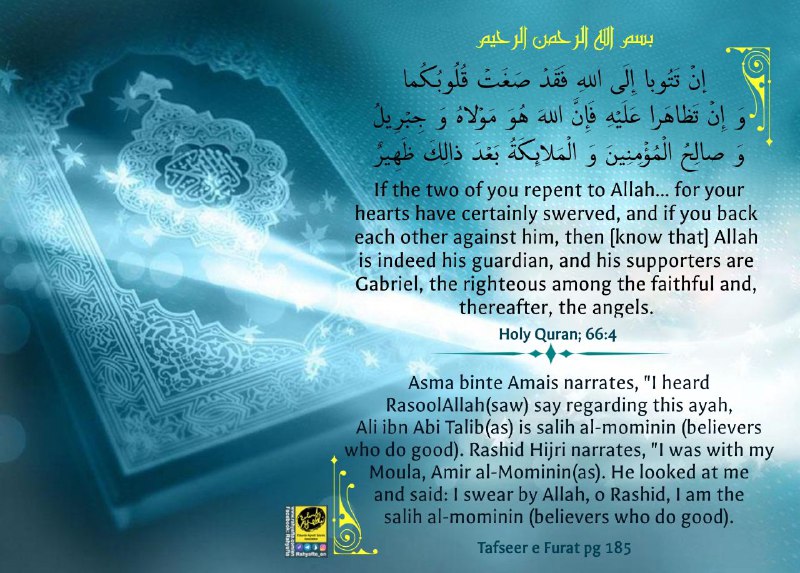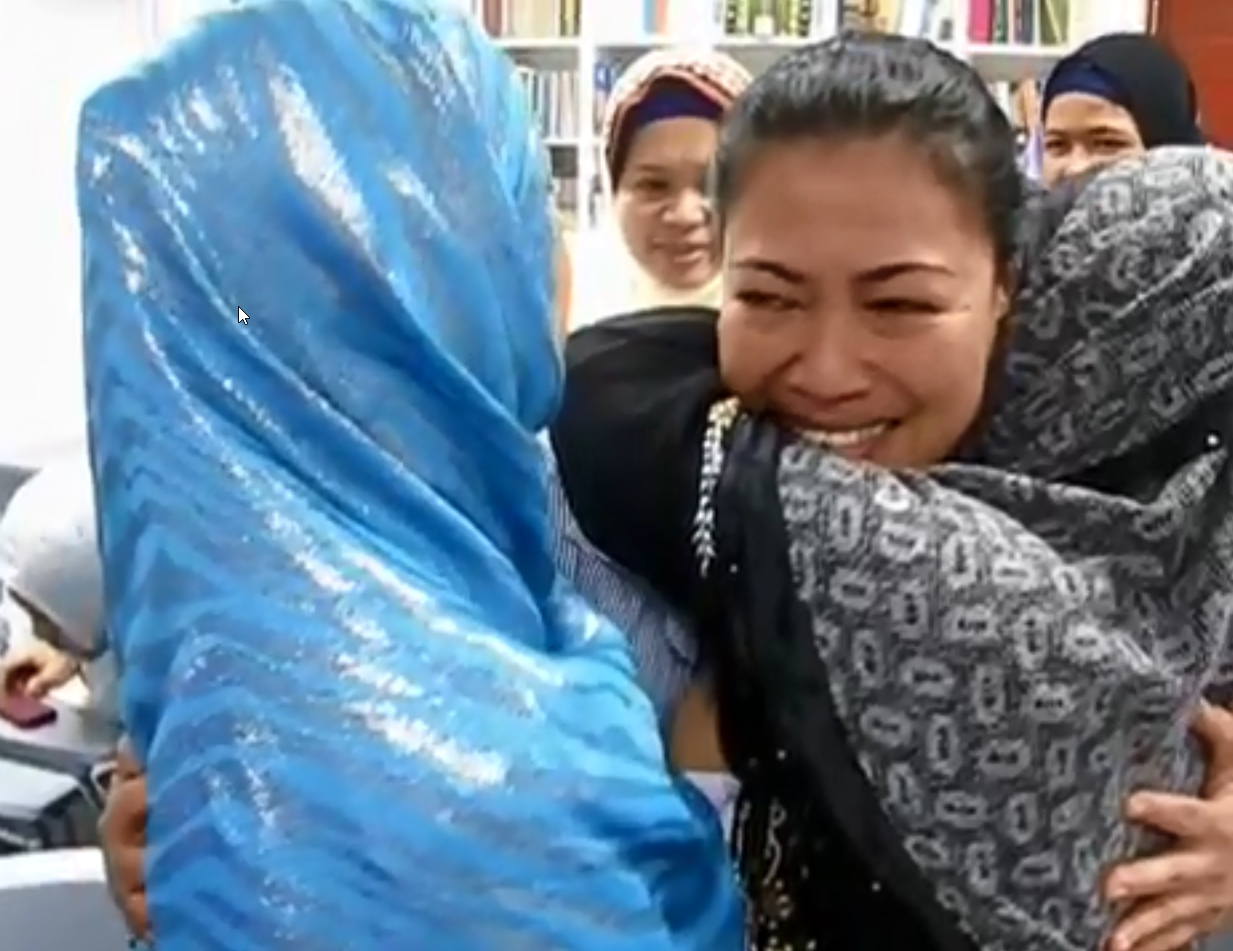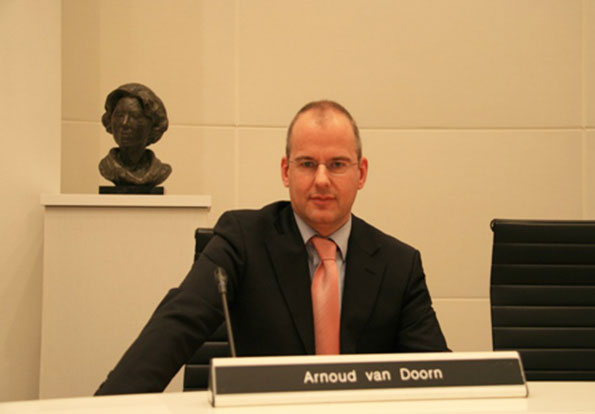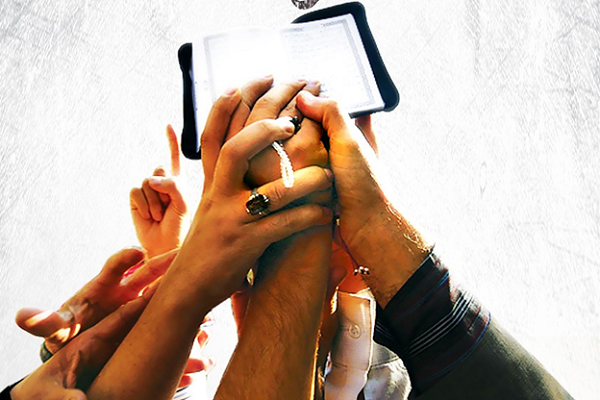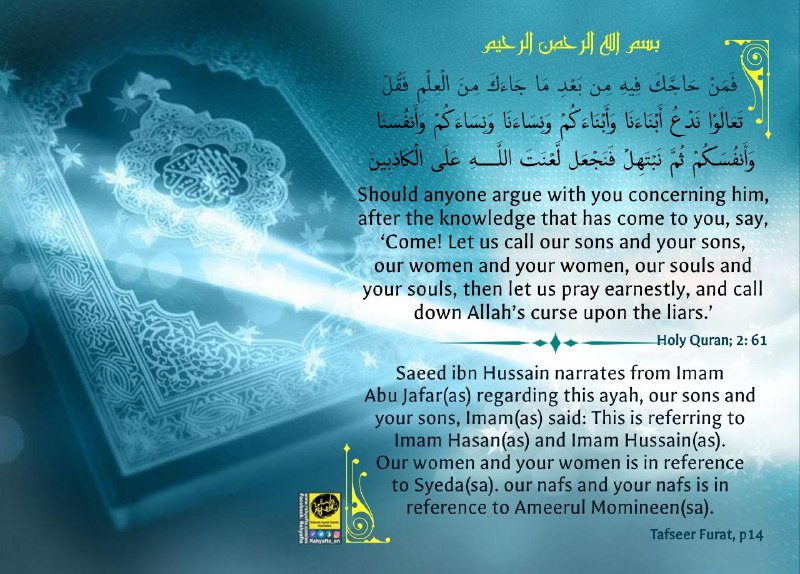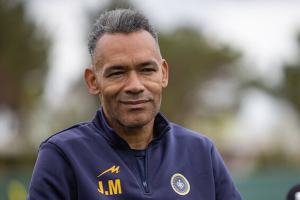According to rahyafte (the missionaries and converts website):Interviewer: Fatemeh Taheri / Marion Dilki is a German convert to Islam residing in Bremen. After converting to Islam, she changed her name to “Maryam.” Mrs. Dilki is now 56 years old, actively involved in social and political activities in the media, and also visited Iran last year.
As a new Muslim woman, you certainly have a good understanding of Hazrat Fatimah Zahra (SA), the highest-ranking woman in Islam. What about her personality and life has influenced you more than anything else?
For me, everything about Hazrat Fatimah (SA) is special. Her circumstances before birth, her childhood in that luminous household, her courage in her early youth, her resilience in times of difficulty and the loss of her mother, and then her unique position as the daughter of the Prophet of God despite her young age. Her exceptional marriage to Amir al-Mu’minin Ali (AS) and her influential role as a wife and mother of unique children.
Before everything else, I admire the steadfastness of Hazrat Fatimah (SA), her unwavering trust in God, her simplicity, her emphasis on hijab, and at the same time, her presence and contribution to society, such as her protest against the oppressive rulers of her time and her defense of the rights of the Ahl al-Bayt (AS). I am currently studying Islamic texts, and recently, I have been exploring events that led to her martyrdom.
In the Bible, there is no information about the youth and characteristics of Mary (SA), nor about the miracle of the birth of Jesus (AS) from the Virgin Mary.
Have you ever encountered similarities or commonalities between Mary in the Bible and Hazrat Fatimah Zahra (SA) in Islamic sources?
I’m not very familiar with the Bible, but I’m sure that Mary (SA) is not exalted and honored in it to the extent she is in the Quran. In the Bible, there is no information about the youth and characteristics of Mary (SA), nor about the miracle of the birth of Jesus (AS) from the Virgin Mary. Even details about the youth of Jesus Christ are rarely found in the Bible. Therefore, I don’t see much similarity. Mary (SA) is revered in the Bible simply because she is called the “Mother of God,” not for her personality or life. However, Catholics consider her immaculate and a mediator of revelation, while Protestants have a completely different view. According to the Quranic verses, Mary (SA) can be better understood because, unlike the blessed name of Khair-un-Nisa, Hazrat Fatimah Zahra (SA), Mary’s name is directly mentioned in the Quran.
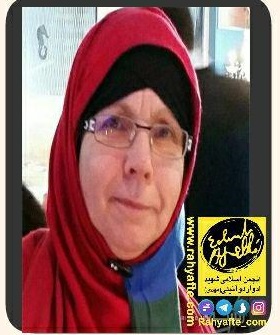
Recently, we celebrated International Women’s Day on March 8th. Generally, what is your perspective on this day? Do you see similarities or differences between the feminist struggles of Western women’s movements and Islamic ideals regarding women?
International Women’s Day on March 8th has its origins in socialist tradition, which began with struggles for women’s suffrage and against gender discrimination in the workplace. Although the initial movement was positive, many things have changed in these hundred years since women’s movements were established. Some forms of discrimination have been removed, but in today’s economy-centric world, women are still seen as labor, which capitalists either want or easily dismiss from the workforce. That’s why, at times in history, the role of housewives and motherhood of women has been denigrated, and they have been encouraged to hand over their newborns to strangers and go to work. If women are no longer needed, motherhood is recognized again.
Another point is that women are still, or even more so, objectified in advertisements and media, down to the appearance of their faces and bodies. Women’s movements and International Women’s Day have not been able to combat this culture of objectification.
In my opinion, this failure of Western women’s movements is the result of secular and atheistic ideals. While many struggles for equality genuinely aimed
at improving women’s status, they have failed because social activists do not consider themselves accountable to God. This irresponsibility makes people vulnerable to power and corruption, undermining their good intentions.
In my view, the difference in this perspective with the Islamic view lies precisely in this matter: people who perform worldly activities for God’s satisfaction are immune from pitfalls like personal gain, whether in power or wealth. This sincerity also includes the struggle for women’s rights, and of course, efforts should be made to improve the situation of women in Islamic countries as well.
Muslim women who wear the hijab in Europe are exposed to two dangers: either they withdraw from society due to wearing the hijab or adapt their lifestyles to the secular community’s liking. What is your suggestion as a German Muslim woman and hijabi to prevent falling into either of these traps?
It seems that political developments are heading in the direction you mentioned, but I don’t think European society as a whole has fallen into this issue yet. Nowadays, politics, with the help of the media, has launched a widespread campaign against Islam and, in this process, uses hijab-wearing women as a tool to depict Islam as “backward” and women as “under pressure.” Politicians want to pretend that hijab-wearing women are the “saviors” of Europe.
But I don’t think the reality in society is so severe. As we progress, hijab-wearing and Muslim women become more educated and more successful in both professional and personal matters. I believe this growth is the best way for us to influence non-Muslim peers positively.
To achieve this goal, we must have a strong presence in the mainstream media. Not just by writing articles about Islam, hijab, and the like but by addressing all the issues that concern society. This vision will not be achieved in the short term because the opponents of our faith are powerful. However, I am confident that God will help us, the Muslims.






